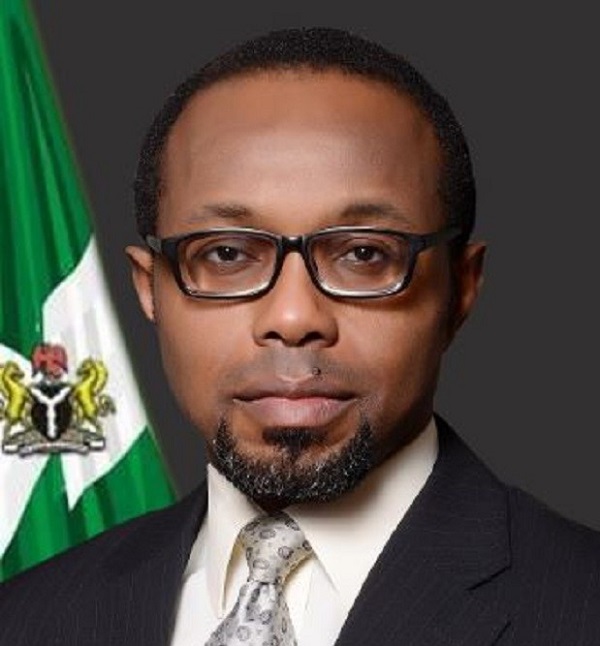
The National Institute for Pharmaceutical Research and Development (NIPRD) has emphasised that the lessons learned from the COVID-19 pandemic should serve as a stimulus for the government and stakeholders to allocate funds to it for more research, to enable the institute to function as the central coordination hub for finding pharmaceutical solutions in healthcare delivery.
This sentiment was expressed by the director-general of the agency, Dr. Obi Adigwe during the Joint World Health Organisation (WHO)-Stakeholders Feedback Workshop on the evaluation of the third WHO-Nigeria Country Cooperation Strategy (CCS) (2018-2022) and development of the fourth WHO Nigeria Country Cooperation Strategy (2023-2027). The workshop aims to establish new joint strategic health agendas for WHO’s technical cooperation in Nigeria for the next five years, empowering WHO to promote, provide, protect, power and perform for health.
Adigwe, represented by the special adviser to the DG NIPRD, Dr. Abubakar Danraka affirmed that NIPRD remains committed to fulfilling its statutory mandate by conducting research and development activities. These endeavours not only enhance access to healthcare but also contribute to the economy and national development. He further emphasised the importance of prioritising innovative pharmaceutical interventions in African healthcare delivery and highlighted NIPRD’s capacity, experience, and expertise to lead in this area. NIPRD is ready to collaborate with other critical stakeholders to integrate herbal medicine into conventional medicine and expedite the achievement of universal health coverage (UHC).
The senior health advisor to the Nigeria Governors Forum, Dr. Ahmed Abdulwahab emphasised the significance of engaging states and local governments effectively to strengthen healthcare delivery and achieve UHC in the country. He emphasised the need to involve subnational entities early in the design of interventions rather than during implementation and evaluation, fostering meaningful connections, inspiring action, and building trust.
Former chairman of the Senate Committee on Health, Sen. Ibrahim Oloriegbe highlighted the additional complexities posed by federalism in the country’s health system. He pointed out that the lack of true autonomy for lawmakers at the subnational level hinders the delivery of their statutory functions, particularly the accountability function. Oloriegbe called for optimal implementation of provisions from existing health legal frameworks and addressing the low absorptive capacity of health ministries, departments and agencies (MDAs) to accelerate progress. He also emphasised the need to improve the performance of the community health structure and address the lack of clarity in the constitutional separation of health management roles among the tiers of government, which weakens accountability in the health sector.
The WHO country representative to Nigeria, Dr. Walter Mulombo highlighted the workshop’s objective of aligning WHO’s core functions with the Nigerian government and stakeholders’ health priorities at national and sub-national levels. He stressed the need for WHO to play a game-changing role in the 4th Generation CCS, aiming to positively impact health in Nigeria. Mulombo emphasised that moving forward, business cannot continue as usual, considering the renewed mandate and resolutions from the 76th World Health Assembly. He expressed the commitment to strengthen strategic partnerships with national and sub-national levels, promoting coordination, accountability, sustainability and value-for-money.
It is important to note that the Country Cooperation Strategy (CCS) is a medium-term strategic document that outlines WHO’s vision for technical cooperation with a specific member state, supporting the country’s national health policy, strategy, or plan. Introduced in 2000, it facilitates the co-creation of a strategic agenda that aligns WHO’s collaboration with other United Nations bodies and development partners at the country level based on identified needs. WHO in Nigeria has successfully developed and implemented three generations of the CCS. The current CCS, initially developed in 2014, was reviewed in 2028 and extended to 2022 to align with the Sustainable Development Goals (SDGs), the Nigeria Economic Recovery and Growth Plan, the National Health Policy 2016, the National Strategic Health Development Plan II, the UN Sustainable Development Partnership Framework 2018-2022, the WHO Transformation Agenda and the WHO’s 13th Programme of Work (GPW13).

